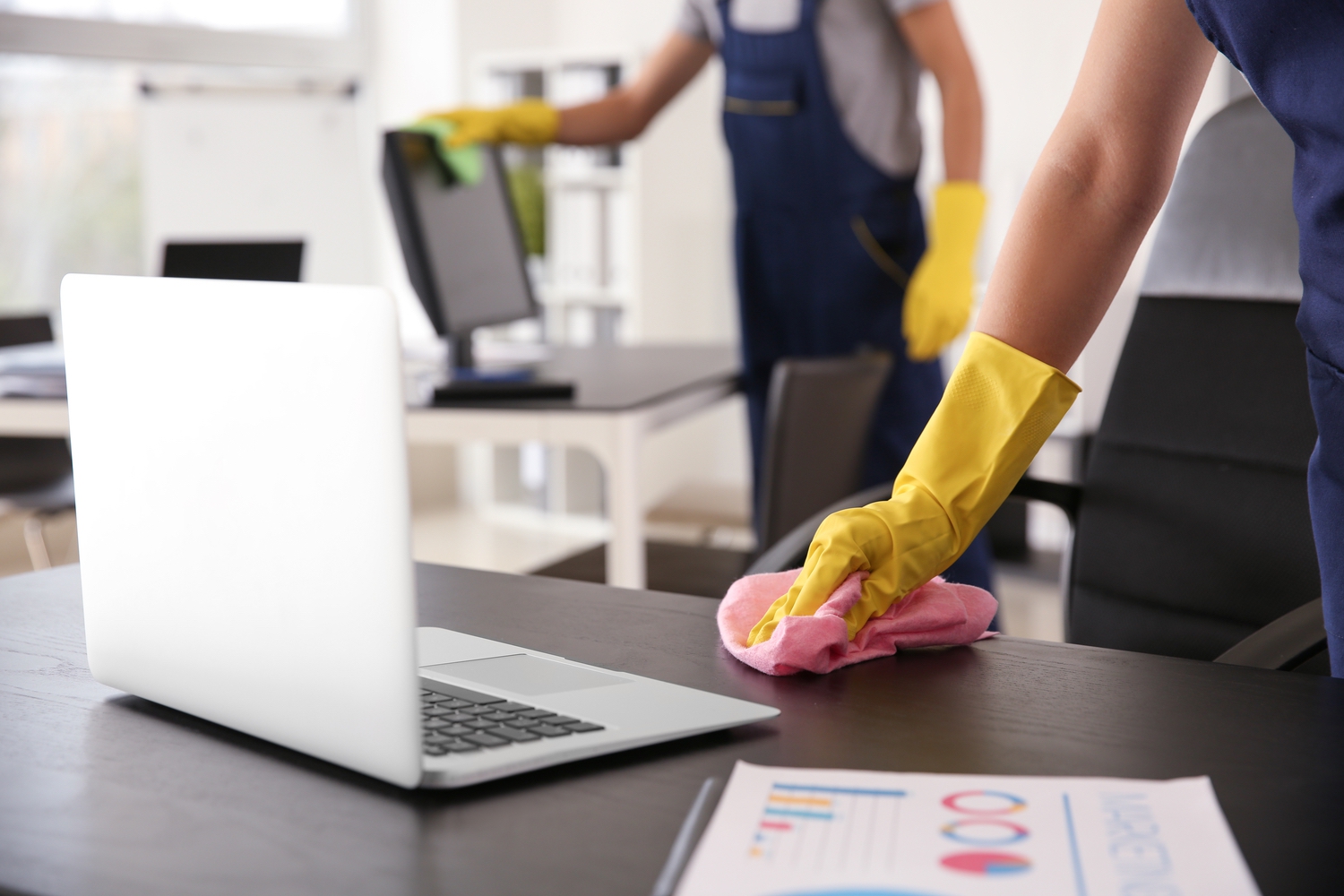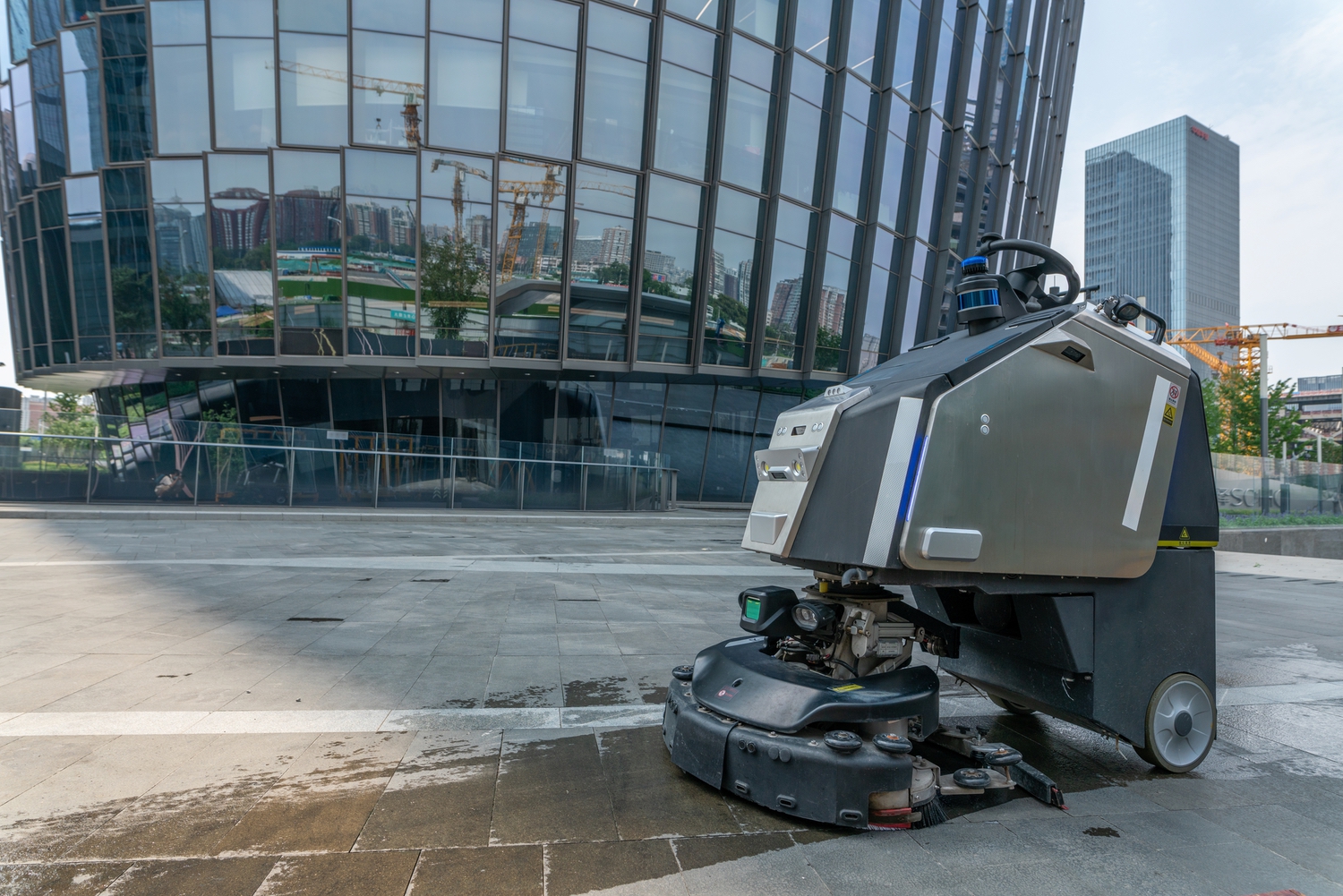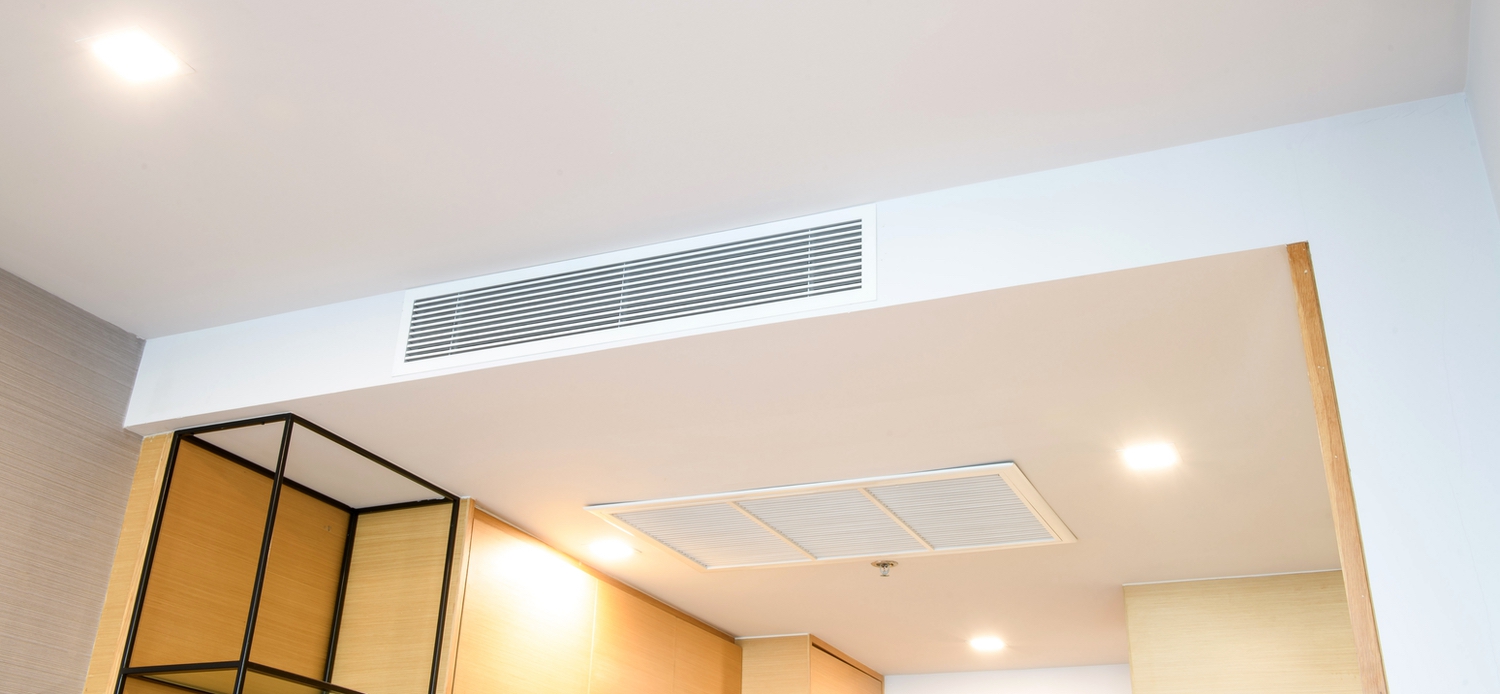

Particularly resilient in the face of crises and macroeconomic uncertainties, the cleaning sector represents a market worth €18 billion in France. Yet it remains relatively unknown. The experts at AURIS Finance, a consultancy specialising in mergers and acquisitions, explain why.
Undoubtedly, the fact that the cleaning sector in France is made up of a myriad of small players means that it is rarely in the limelight. In fact, most companies are family-run SMEs, passed down from generation to generation, with the founding family retaining decision-making power. According to Le Monde de la Propreté, an organisation that represents companies in the sector, there are currently 16,000 professional cleaning companies in France. Companies with fewer than 50 employees account for 92% of the sector, while those with more than 1,000 employees represent only a tiny fraction of the market (0.5%). In total, they employ 600,000 people, the majority of whom (65%) are women working in SMEs with less than ten employees. The cumulative turnover of the sector reached €18 billion in 2022. Despite a slight downturn in 2020 (€16.3 billion turnover), the market was back to pre-crisis levels by 2021.
New expectations
Since the Covid crisis, demand for cleaning services has risen sharply, particularly in public places. According to a survey carried out by BVA in partnership with Le Monde de la Propreté, 9 out of 10 French people believe that cleanliness protects public health and safety. Since the Covid pandemic, 80% of respondents have become more vigilant about hygiene and cleanliness. Office cleaning represents 34% of the total market. Despite the development of remote working, demand from companies remains strong. It is even a strategic issue. As the flex office gradually replaces the open-plan office, uncleanliness can be a major source of conflict. In a work organisation that combines face-to-face and remote work, companies have a duty to make their employees want to come back to the office. Cleanliness therefore becomes an issue of team cohesion and performance.
Outsourcing and mergers
The fact that cleaning companies are mainly small organisations (less than ten employees) is explained by their business model. Very often these companies are external service providers for larger entities. With 25% of their revenue coming from public contracts, many of the large companies subcontract to SMEs. In this context, it is not uncommon for small companies to be absorbed by larger ones. Companies with specific expertise are particularly sought after. This is the case, for example, with cleaning companies specialising in industrial tools. Thanks to a strategy of targeted acquisitions, the French cleaning group Belfor has become a leader in the niche market of post-disaster recovery services (cleaning and decontamination). Companies operating in the tertiary sector are also being targeted by larger companies looking to expand their markets by strengthening their teams through acquisitions.
Our experts at your service
AURIS Finance sector specialists have supported a large number of sales and acquisitions in the cleaning sector. From sourcing funding to identifying potential targets, we can help you bring your projects to fruition.


